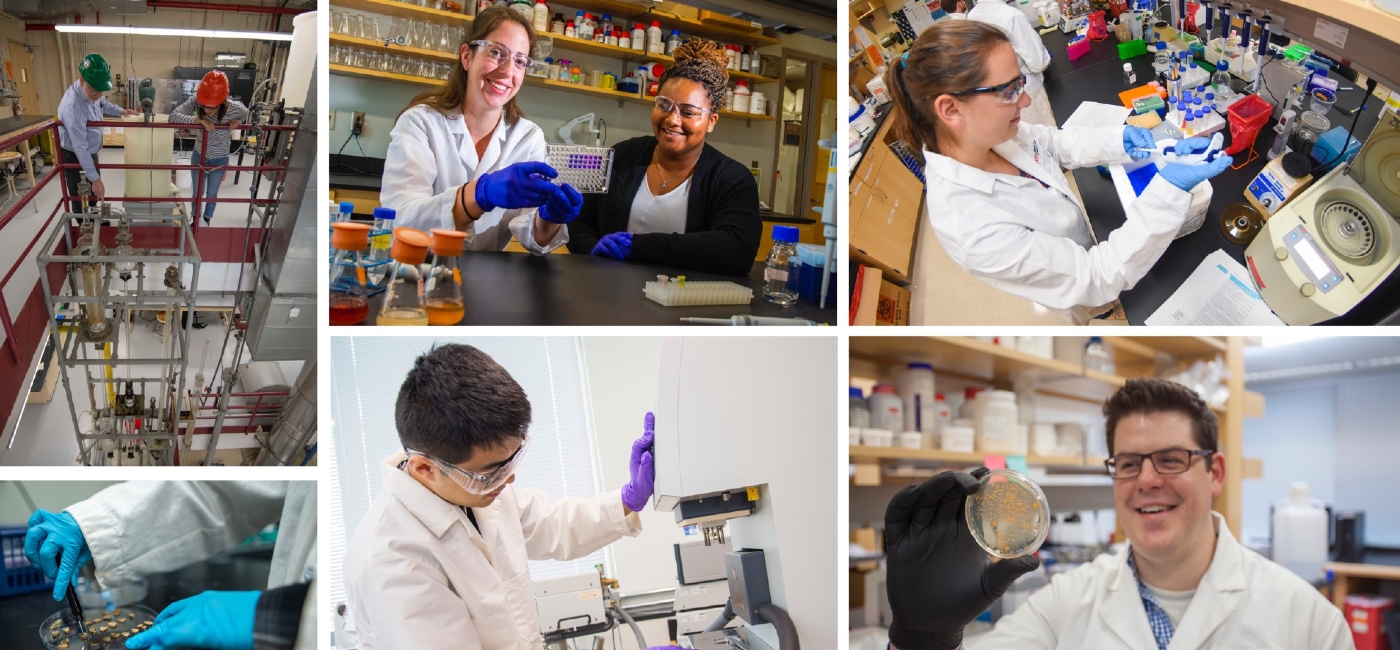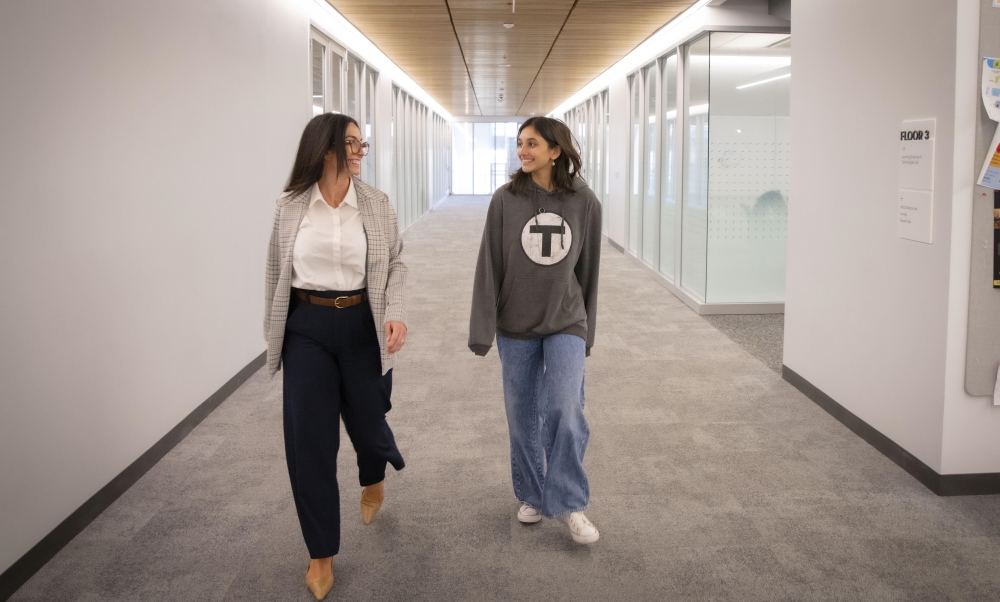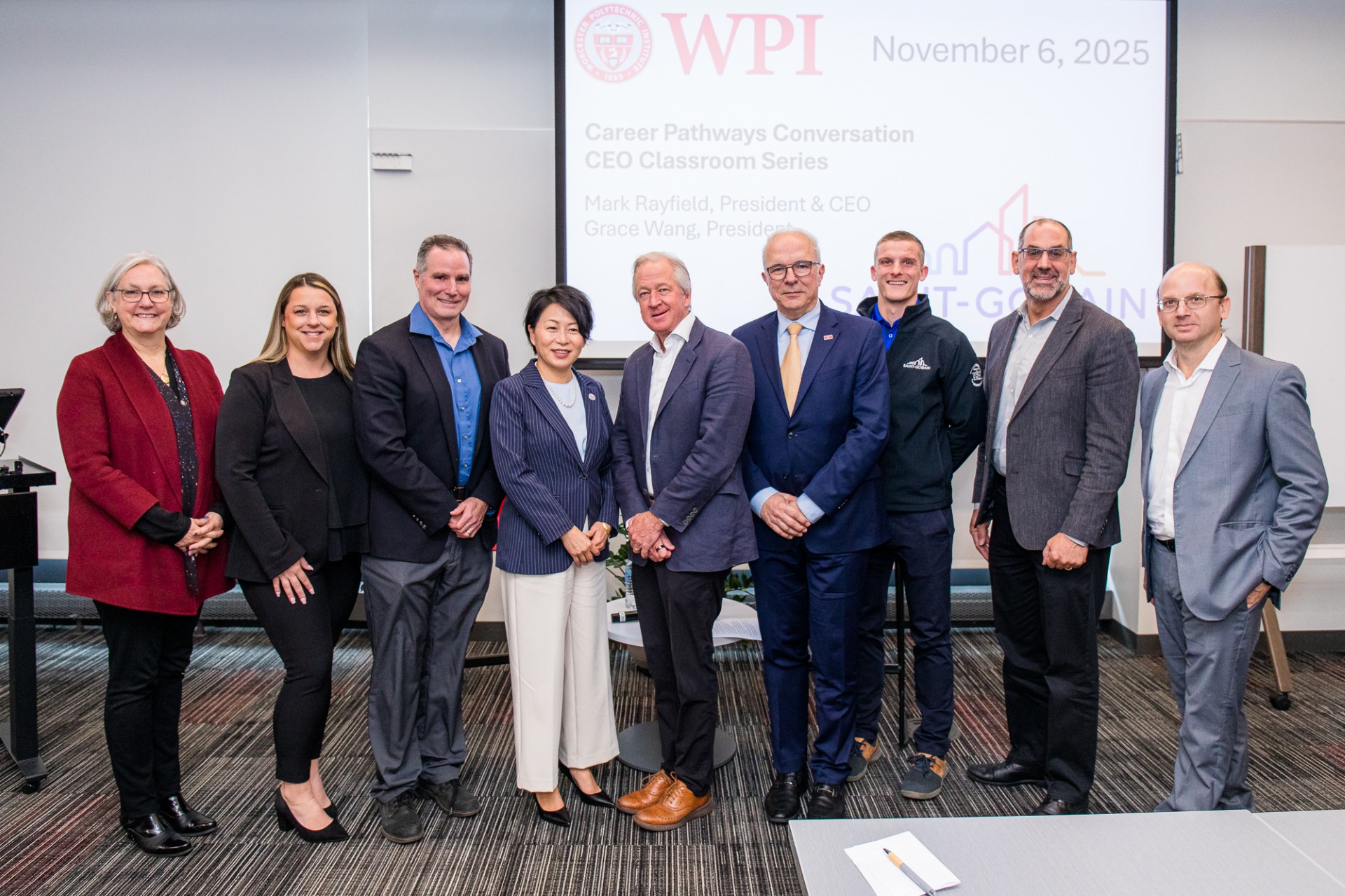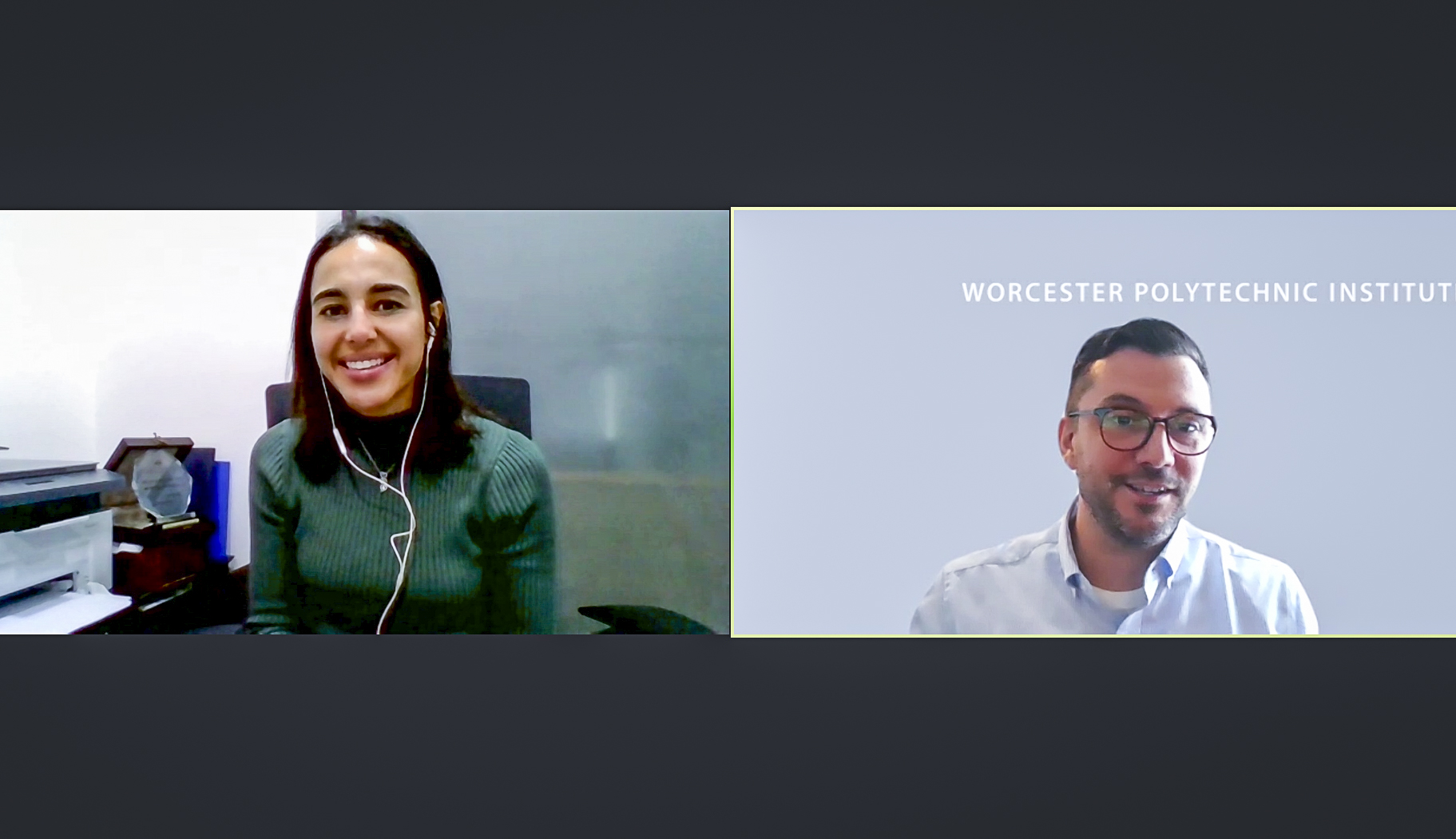Internationally known oil and petrochemical expert Michael J. Dolan '75, senior vice president of ExxonMobil, delivered Worcester Polytechnic Institute's (WPI) first "Sustaining our World: Energy for the Future" lecture on September 16, 2009.
Dolan graduated from WPI in 1975 with a degree in chemical engineering and has worked in the oil and petrochemical business for 34 years. Over his career, he has worked in all areas of ExxonMobil's business--domestically and abroad--and has held a variety of research, development, engineering, manufacturing, and business management positions; in recent years he served as Deputy to the President of ExxonMobil Refining and Supply Company, Executive Vice President of ExxonMobil Saudi Arabia, and President of ExxonMobil Chemical Company. Today, Dolan is a senior vice president and a member of the Management Committee of ExxonMobil Corporation and provides oversight for ExxonMobil's chemical, refining, and research companies. He has served as a WPI trustee since 2006.
Dolan's presentation, "The Outlook for Energy: A View to 2030," addressed growing energy demands and the need for new technologies to create integrated solutions that will meet worldwide environmental and economic goals. He explained that, by 2030, the world's energy demand is expected to be approximately 35 percent higher than it was in 2005. He then discussed the importance of meeting these energy needs with an integrated set of solutions for increasing efficiency, expanding supplies, and mitigating emissions. He also focused on the importance of research, development, and the deployment of advanced technologies in reaching these critical goals.
The new "Sustaining our World: Energy for the Future" lecture series focuses on current issues in energy technology and is sponsored by the Departments of Chemical Engineering and Mechanical Engineering. The addition of these seminars complements WPI's other sustainability-focused endeavors, including the creation of the President's Task Force on Sustainability--which drives a "sustainability sensibility" into WPI's academic, research, and administrative endeavors--and the addition of the "Great Problems Seminars," which focus the attention and direction of WPI's first year students on applying their knowledge to solve global problems in the areas of food, energy, health, and engineering.




